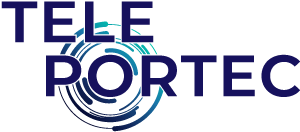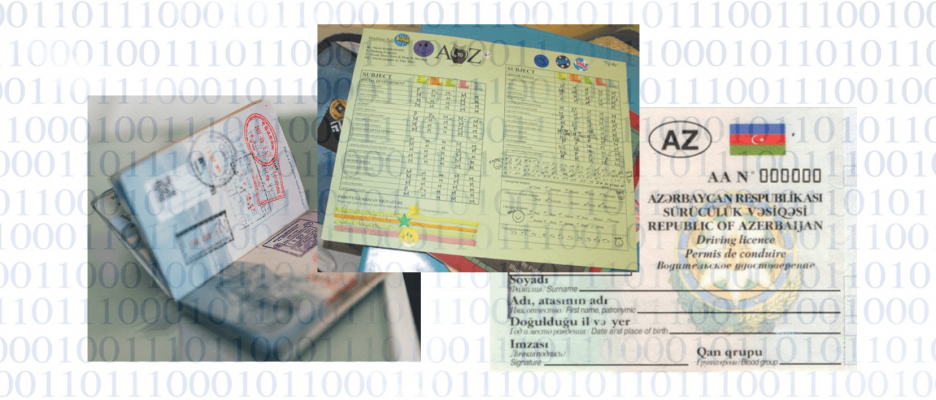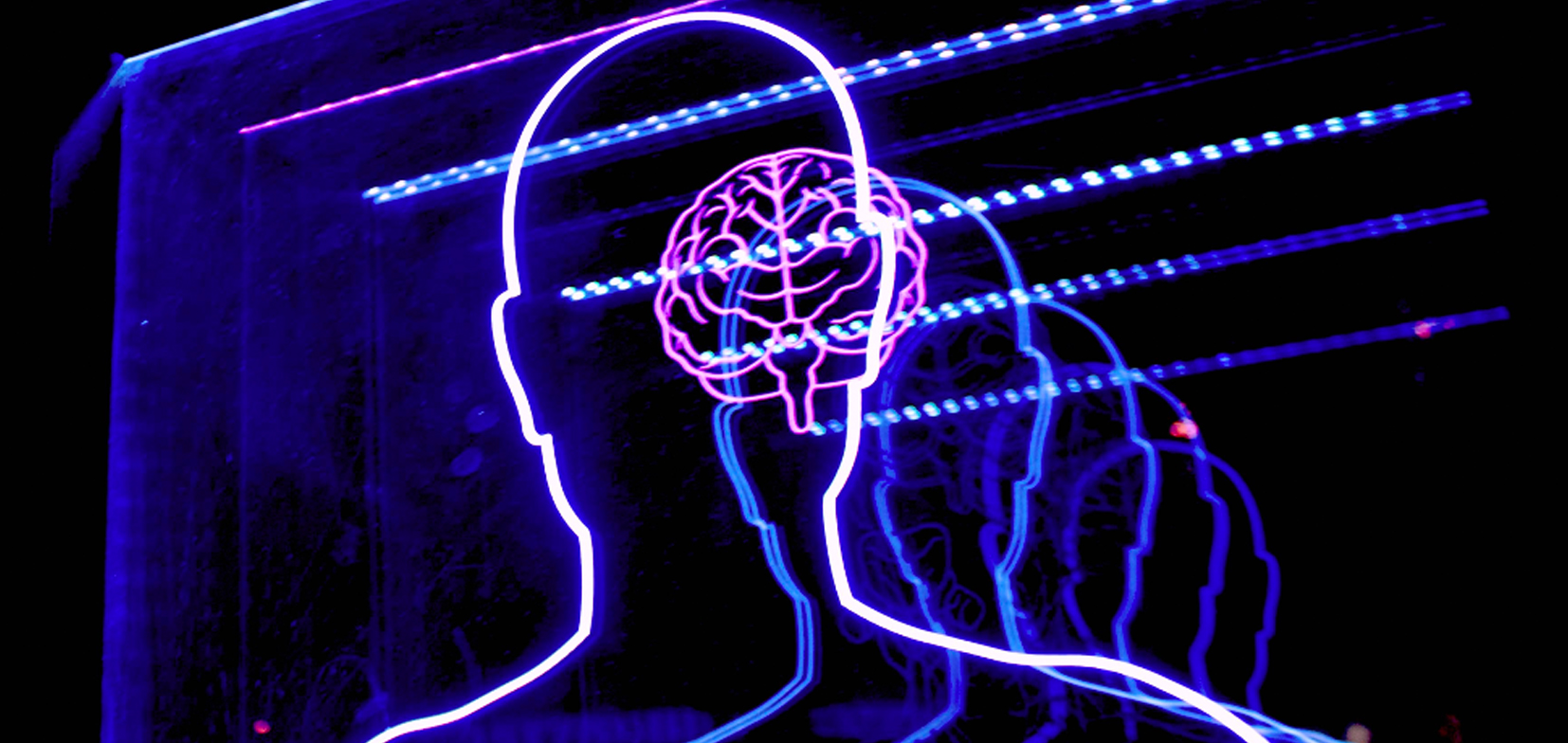IOHK’s Cardano Blockchain to Bolster Ethiopia’s Students’ Identities
A six-year-old nonprofit is showing that a small group of talented and dedicated people, leveraging exponentially growing technologies, can audaciously and realistically resolve to improve humanity’s future. IOHK, the Cardano blockchain platform developer, targets far more than cryptocurrencies and astronomically priced digital art. The government of Ethiopia and IOHK just announced a significant deal to solve the nagging global challenge of personal identity.
Academic Records Are Essential To Identity
The first problem that IOHK and the Government of Ethiopia will tackle is shoddy academic records. Untrusted grades and certificates hamper entry to colleges and to desirable jobs. IOHK and its partners will deploy a Cardano-based solution to archive academic records for Ethiopia’s secondary school students. Students across the socioeconomic spectrum will gain critical proof of their abilities and accomplishments. John O’Connor, IOHK’s Director of African Operations, notes, “This will resolve the issue of fake certifications, which is a serious problem in Ethiopia. This might give young Ethiopians opportunities they don’t have now because their diplomas are not viewed as being reliable in the West.” Ensuring high-quality academic records, especially for students from the country’s most impoverished families, is part of IOHK founder Charles Hoskinson’s powerful vision. “Whether you’re Bill Gates or a shepherd from Senegal you should receive equal treatment and consideration, and be given equal access to markets, and allow merit to be the differentiator. Not geography or genetics.” (here, 05:38)
The IOHK – Ethiopia Deal
In the project’s first phase, five million secondary school students will receive a blockchain-based ID that will document their performance. Once records such as grades and diplomas are entered by a trusted government authority, they will be unchangeable and forever accessible. Leveraging a core blockchain feature, the system will retain a complete and transparent history of who entered a grade or certificate and when. Getahun Mekuria, Ethiopia’s education minister, said, “We believe blockchain offers a key opportunity to end digital exclusion and widen access to higher education and employment.” A key goal is to democratize the availability of highly trusted academic records. Rural and indigent young people will use the same system as the most highly privileged.
A Challenging Location
Solving the world’s biggest challenges often means working in some of the world’s most challenging situations. Ethiopia is a poor country, ranking 170th in per capita annual income at $850. The nation is in the throes of armed conflict that started last November. Up to 2 million people are displaced, and 4.5 million need humanitarian aid. Only 15% of the 115 million residents have internet access, and many of Ethiopia’s 3,500 schools lack an internet connection. This inadequate infrastructure can be a blank canvass for a revolutionary internet-based trusted records system.
A Greenfield For Blockchain
The bold goal is to take an obsolete system and make it state-of-the-art. Most academic information in Ethiopia is recorded on paper. That standing start allows Ethiopia’s schools to leapfrog the capabilities of established data processing systems in other countries and even the powers of earlier blockchain-based platforms like Ethereum. The nation’s need is great; thus, the benefits will be great, too. There are notable precedents for African nations successfully adopting the latest technologies. The telecom jump from practically nothing to mobile phones is well known. A more recent example is drones, which now deliver medical supplies in Rwanda and Ghana.

The Ministry of Education will be using one of the most technically advanced crypto systems available. Cardano’s architecture avoids some highly publicized Bitcoin shortcomings: high energy use and slow transaction speeds. It achieves these goals by creating, validating, and distributing new records with substantially less computing power and a comparative trickle of data relative to Bitcoin and Ethereum. Hoskinson estimates the Cardano network uses 6 GWh annually, less than 0.01% of the 131 TWh burned by the Bitcoin network (more than The Netherlands consumed in 2019). Bitcoin handles seven transactions per second, whereas Cardano might eventually handle up to a million. If you want to dig into details, start with this overview of Cardano’s “proof of stake” mining and unique transaction validation scheme. They underpin expectations of modest energy use and brisk transaction rates. First movers always accept risks. Part of the Cardano system, the so-called “computation layer” that enables storing the unique academic records, is not mature. January 2022 is the early target for launching in Ethiopia’s schools. Given the minimal existing infrastructure and potentially transformative benefits, the risk is worthwhile.
New Tech, Classic Business Strategy
IOHK is not just making a better mousetrap. They are using solid business development and strategy. They have intensely studied their lead customer’s needs, are work locally and with local staff, and have a natural long-term expansion plan.
Know Your Customer’s Needs
John O’Connor is half-Ethiopian and has spent several years networking with the regional community. IOHK’s formal collaboration with Ethiopia’s government began three years ago with an MOU with the Ministry of Science and Technology, then headed by Getahun Mekuria before he became Minister of Education.
Train and Hire Locally
Part of that deal was an IOHK commitment to train and hire local software developers. In 2019, the company taught 30 local female developers to code in Haskel, Cardano’s programming language. IOHK’s Addis Ababa office has hired seven of them.
Expand Organically
After proving the new system with the first 5 million students, IOHK and the Ministry of Education will expand it to all of Ethiopia’s 27 million primary and secondary school children. Academic credentials in Ethiopia are the testbed for creating many forms of trusted documentation over many countries and markets. In Ethiopia, agriculture supply chains and payments are a likely next step. Bolstering the important coffee-growing industry motivated the 2018 MOU. Cardano’s main applications are in identity management and traceability; assuring agricultural supply and payment chains is a natural application. Hoskinson clearly articulated the business and impact vision three years ago. “Trust and coordination are core values we believe in and blockchain technology is a solid foundation for that. Once the infrastructure is in place, we can have a more involved conversation about sustainability and growth throughout Africa.”
Huge Needs Mean Huge Opportunities
IOHK is methodically attacking social systems’ shortcomings that impact billions of people. Identity is a pressing global challenge. The World Bank estimated that 1 billion people do not have any official proof of identity. Even in developed countries, your identity is often based on perishable paper artifacts like birth certificates. Do you know where your birth certificate is? Often languishing in a home filing cabinet or the basement of a town hall, paper identity proofs are too easily lost, stolen, or forged. Identity is closely related to other worldwide challenges including personal finance and poverty. Without valid ID, you can’t get a bank account: there are 1.7 billion unbanked adults worldwide. You also can’t get a loan, a credit card, or even a SIM card for your phone. And you can’t go to school. Imagine it is 2036. A shepherd’s daughter in Senegal provides her public key for her education records to the admissions office at King’s College, Cambridge. The instantaneous review alerts the admissions committee that she is academically highly qualified. They carefully discern her humble background, articulate communication, and undeniable grit and are blown away. They decide: “We need her. Admitted.”
Cover Image Credits
Photo by ConvertKit on Unsplash Aburk018 at English Wikibooks, Public domain, via Wikimedia Commons Own work, Public domain, via Wikimedia Commons Sérgio Valle Duarte Wikidata has entry Q16269994 with data related to this item., CC BY 3.0 via Wikimedia Commons





